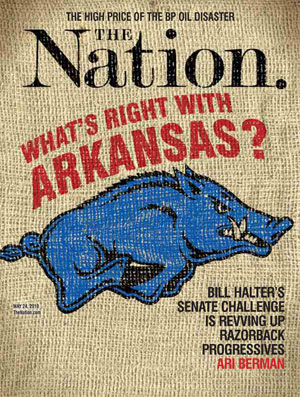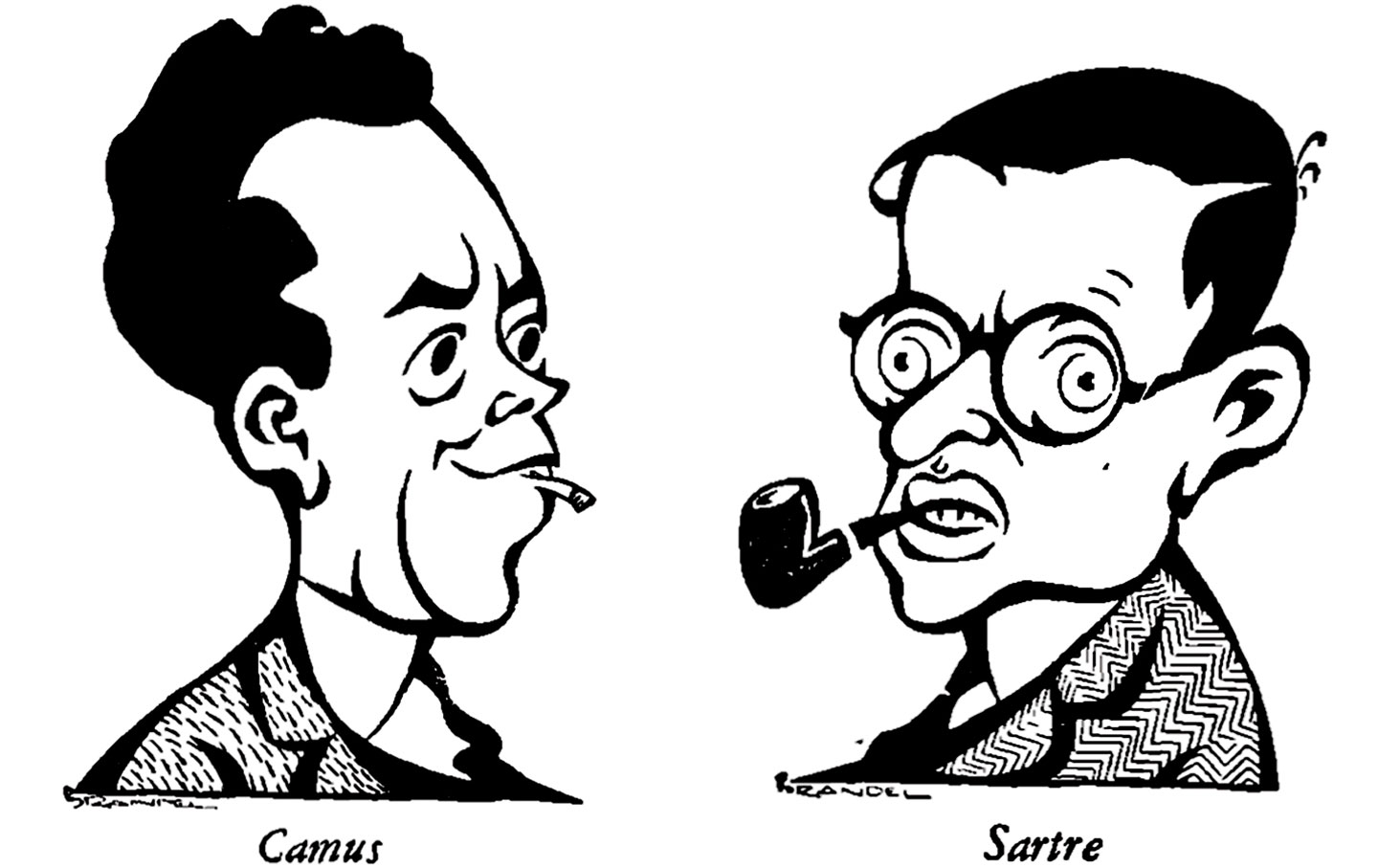
What Is This New Philosophy They Call ‘Existentialism’? What Is This New Philosophy They Call ‘Existentialism’?
It would be a cheap error to mistake this new trend in philosophy and literature for just another fashion of the day.
Mar 23, 2015 / Feature / Hannah Arendt
The Injury The Injury
June 22, 1946 From this hospital bed I can hear an engine breathing—somewhere in the night: —Soft coal, soft coal, soft coal! And I know it is men breathing shoveling, resting— —Go about it the slow way, if you can find any way— Christ! who’s a bastard? —quit and quit shoveling. A man beathing and it quiets and the puff of steady work begins slowly: Chug. Chug. Chug. Chug . . . fading off. Enough coal at least for this small job Soft! Soft! —enough for one small engine, enough for that. A man shoveling, working and not lying here in this hospital bed—powerless —with the white-throat calling in the poplars before dawn, his faint flute-call, triple tongued, piercing the shingled curtain of the new leaves; drowned out by car wheels singing now on the rails, taking the curve, slowly, a long wail, high pitched: rounding the curve— —the slow way because (if you can find any way) that is the only way left now for you. This article is part of The Nation’s 150th Anniversary Special Issue. Download a free PDF of the issue, with articles by James Baldwin, Barbara Ehrenreich, Toni Morrison, Howard Zinn and many more, here. William Carlos Williams (1883–1963) published several essays and poems in The Nation between 1937 and 1961; his work has been reviewed in these pages by Philip Rahv, Robert Lowell, Delmore Schwartz, Isaac Rosenfeld, Robert Creeley, Denise Levertov and James Longenbach.
Mar 23, 2015 / Books & the Arts / William Carlos Williams
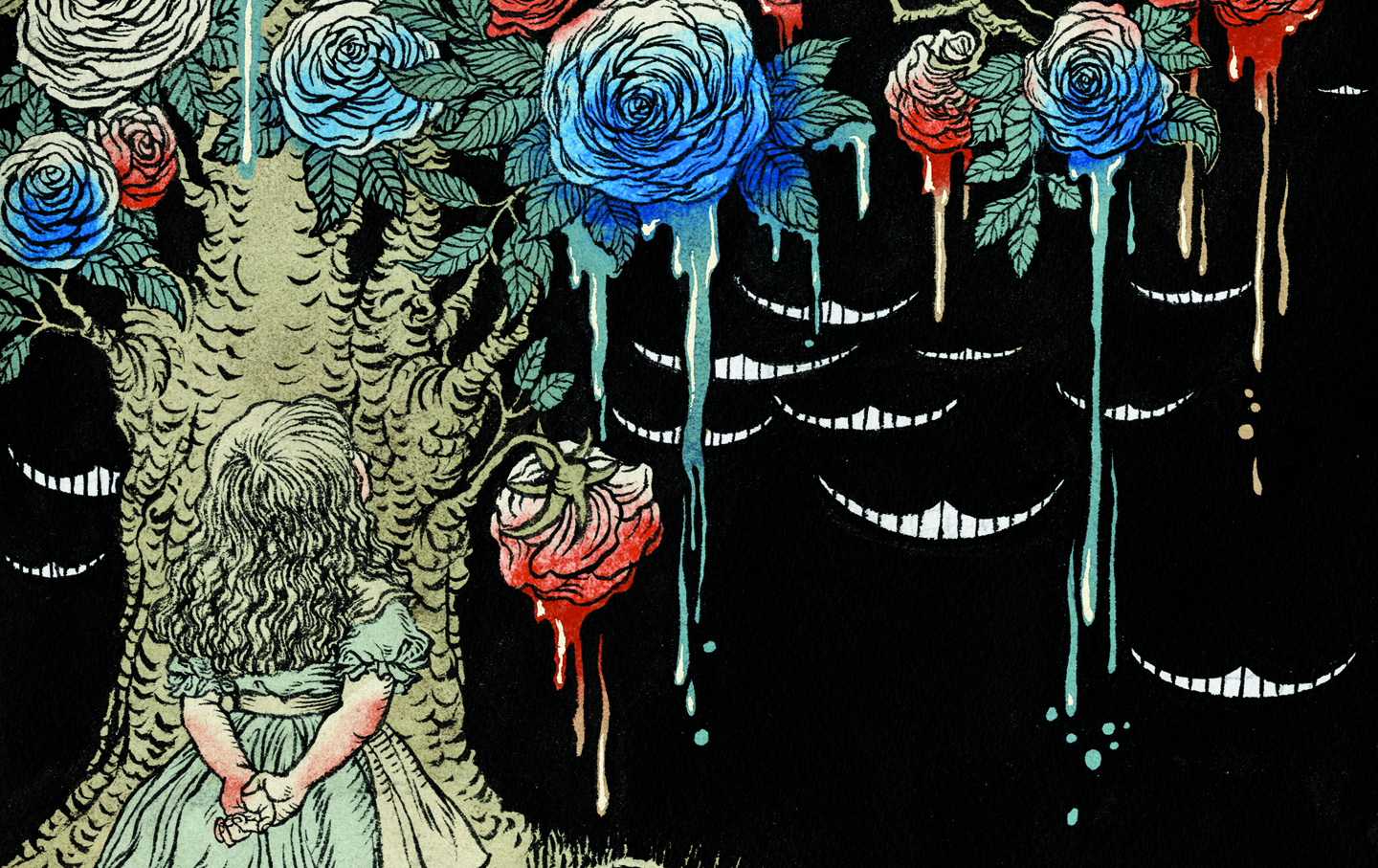
Separated at Birth Separated at Birth
The Nation and Alice in Wonderland were born within days of each other. In this seditious reading, they rejoin the dance.
Mar 23, 2015 / Books & the Arts / Ariel Dorfman
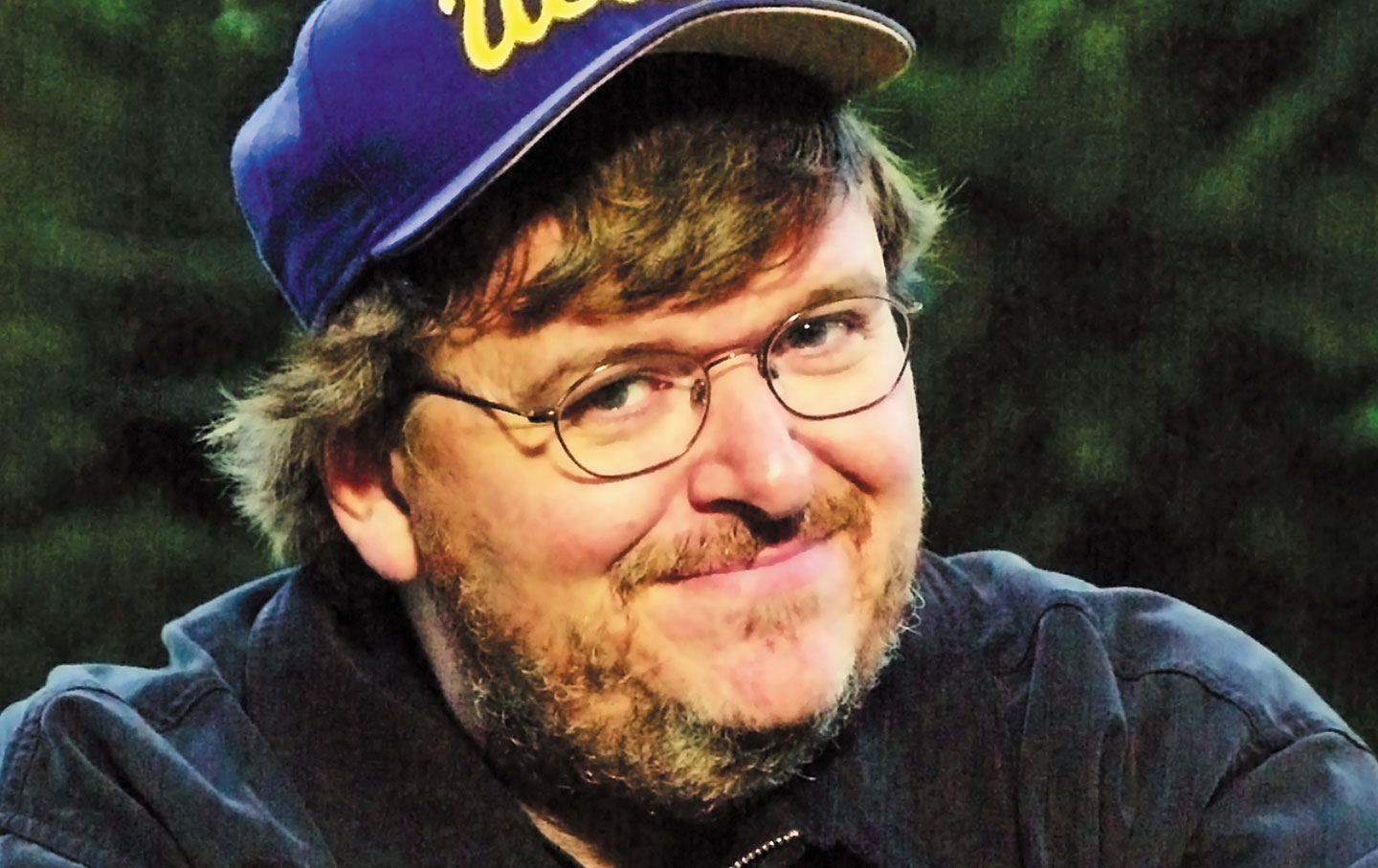
Michael Moore for President Michael Moore for President
If nominated, I will run. If elected, I will serve.
Mar 23, 2015 / Books & the Arts / Michael Moore
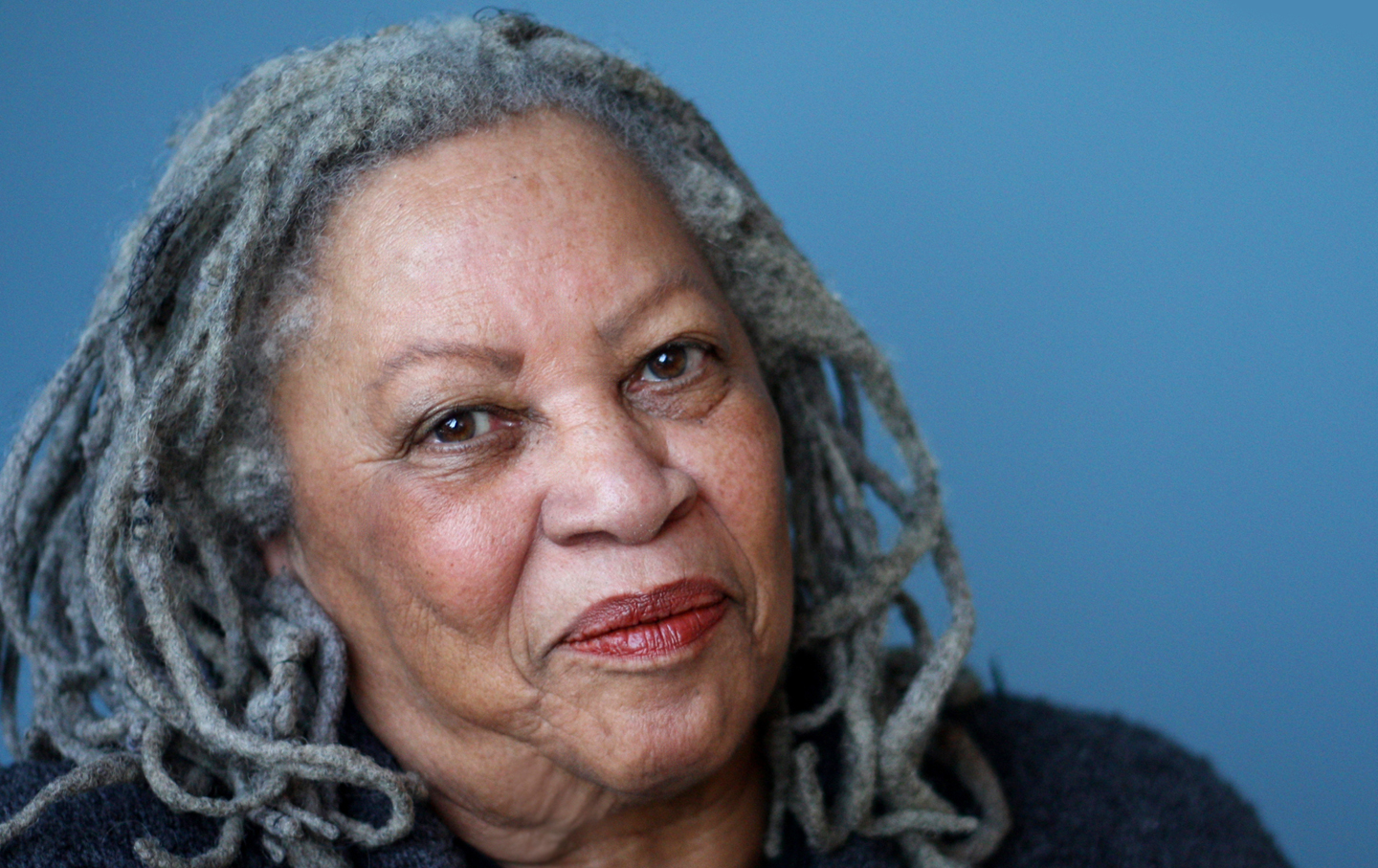
No Place for Self-Pity, No Room for Fear No Place for Self-Pity, No Room for Fear
In times of dread, artists must never choose to remain silent.
Mar 23, 2015 / Decade in Review / Toni Morrison
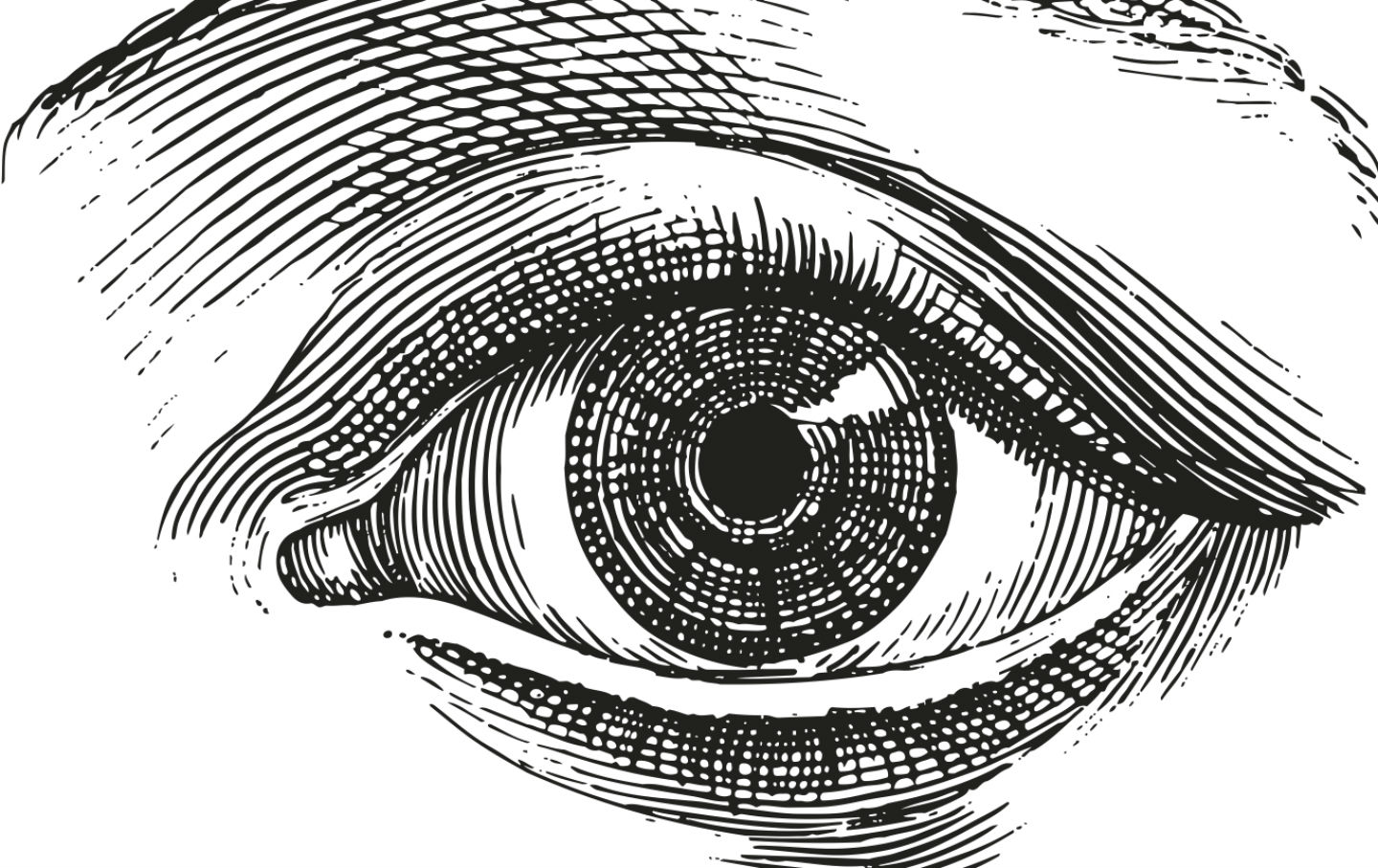
Clickbait Has Plagued Journalism for 125 Years Clickbait Has Plagued Journalism for 125 Years
The dragging down of the mighty has been not unpleasing sport in all ages.
Mar 23, 2015 / Books & the Arts / E.L. Godkin and Rochelle Gurstein

Is the UK Labor Party Too Moderate to Be in Power? Is the UK Labor Party Too Moderate to Be in Power?
Its leaders speak the language of social concern, yet their strategy is marked by extreme caution, an avoidance of any appearance of radicalism.
Mar 23, 2015 / Books & the Arts / Edward Miliband
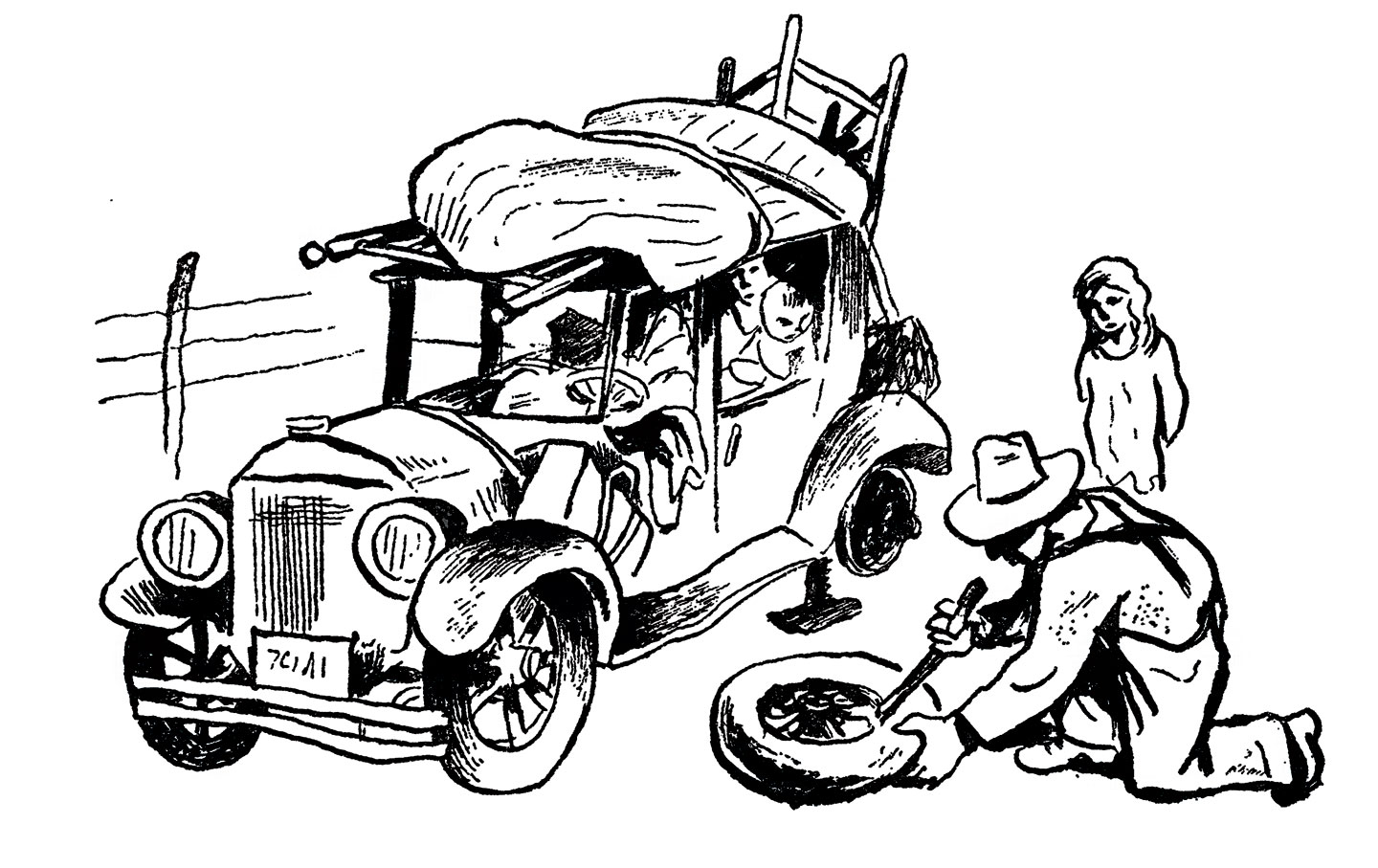
John Steinbeck on the Violent Repression of the Fight for Migrant Workers’ Rights John Steinbeck on the Violent Repression of the Fight for Migrant Workers’ Rights
We now know that workers are being attacked not because they want higher wages, not because they are Communists, but simply because they want to organize.
Mar 23, 2015 / Feature / John Steinbeck

Young ‘Nation’ Writers On Creating Our Radical Future Young ‘Nation’ Writers On Creating Our Radical Future
As The Nation looks forward to the next 150 years, we asked some contributors to StudentNation, the campus-oriented section of our site, and former Nation interns what a radical fu...
Mar 23, 2015 / Feature / The Nation
Present Present
December 28, 1964 The stranded gulch below Grand Central the gentle purr of cab tires in snow and hidden stars tears on the windshield torn inexorably away in whining motion and the dark thoughts which surround neon in Union Square I see you for a moment red green yellow searchlights cutting through falling flakes, head bent to the wind wet and frowning, melancholy, trying I know perfectly well where you walk to and that we’ll meet in even greater darkness later and will be warm so our cross of paths will not be just muddy footprints in the morning not like celestial bodies’ yearly passes, nothing pushes us away from each other even now I can lean forward across the square and see your surprised grey look become greener as I wipe the city’s moisture from your face and you shake the snow off onto my shoulder, light as a breath where the quarrels and vices of estranged companions weighed so bitterly and accidentally before, I saw you on the floor of my life walking slowly that time in summer rain stranger and nearer to become a way of feeling that is not painful casual or diffuse and seems to explore some peculiar insight of the heavens for its favorite bodies in the mixed-up air This article is part of The Nation’s 150th Anniversary Special Issue. Download a free PDF of the issue, with articles by James Baldwin, Barbara Ehrenreich, Toni Morrison, Howard Zinn and many more, here. This poem by Frank O’Hara (1926–1966) was published the same year his collection Lunch Poems brought him to fame.
Mar 23, 2015 / Books & the Arts / Frank O’Hara
